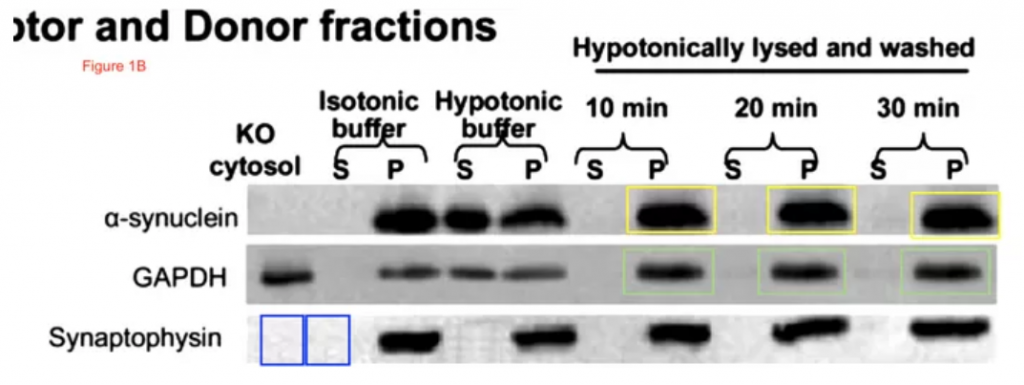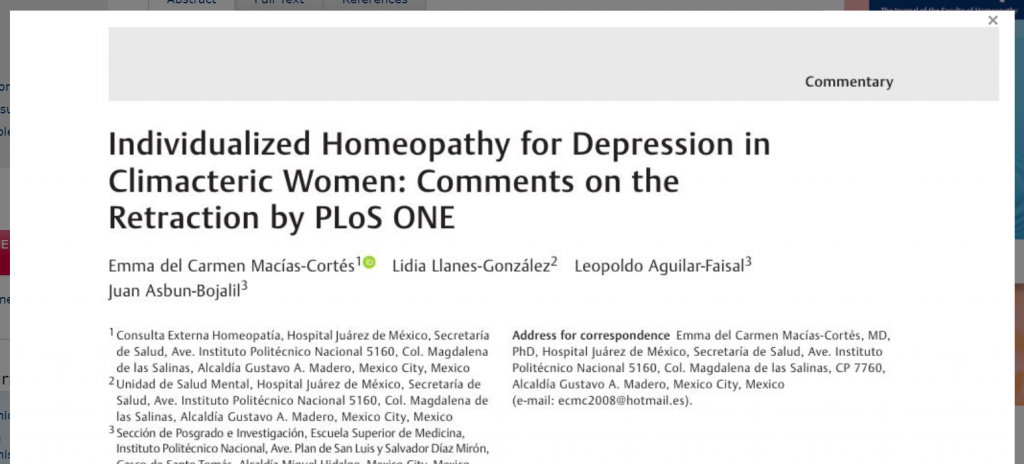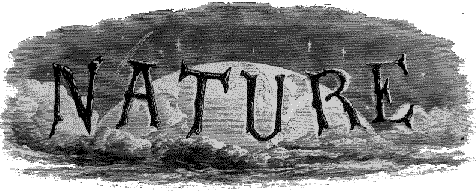
PLOS ONE has issued an expression of concern for a paper it published last month suggesting that vitamin D might protect against severe COVID-19.
Central to the concerns is that the authors seem to have been too far out over their skis in asserting a link between the vitamin and the response to the infection. But as the EoC reveals, many of the potential problems can fairly be attributed to porous peer review as much as over-ambitious authors.
The article, “Vitamin D sufficiency, a serum 25-hydroxyvitamin D at least 30 ng/mL reduced risk for adverse clinical outcomes in patients with COVID-19 infection,” came from a group at Tehran University of Medical Sciences in Iran and Boston University in the United States. According to the authors:
Continue reading Paper suggesting vitamin D might protect against COVID-19 earns an expression of concern







